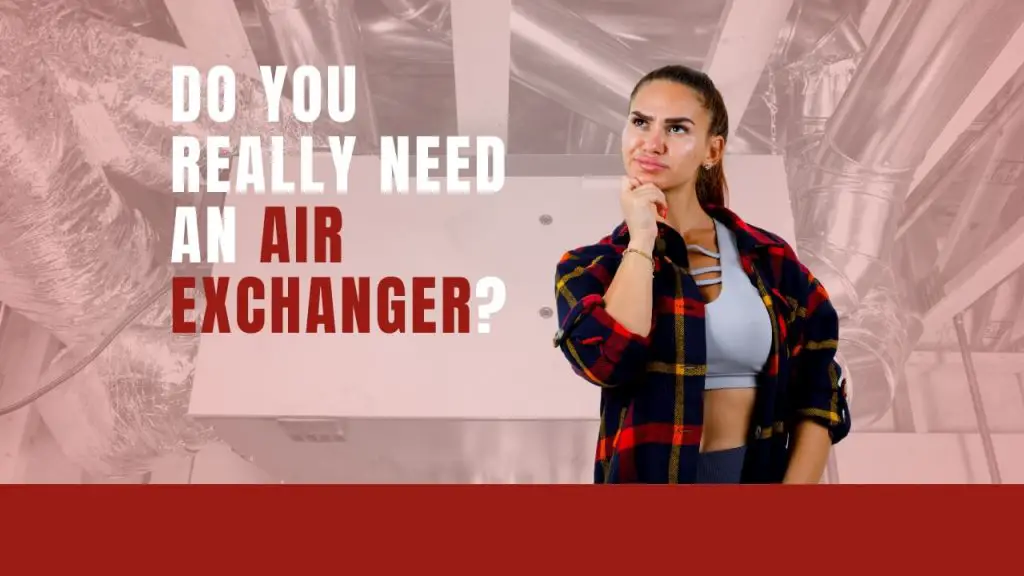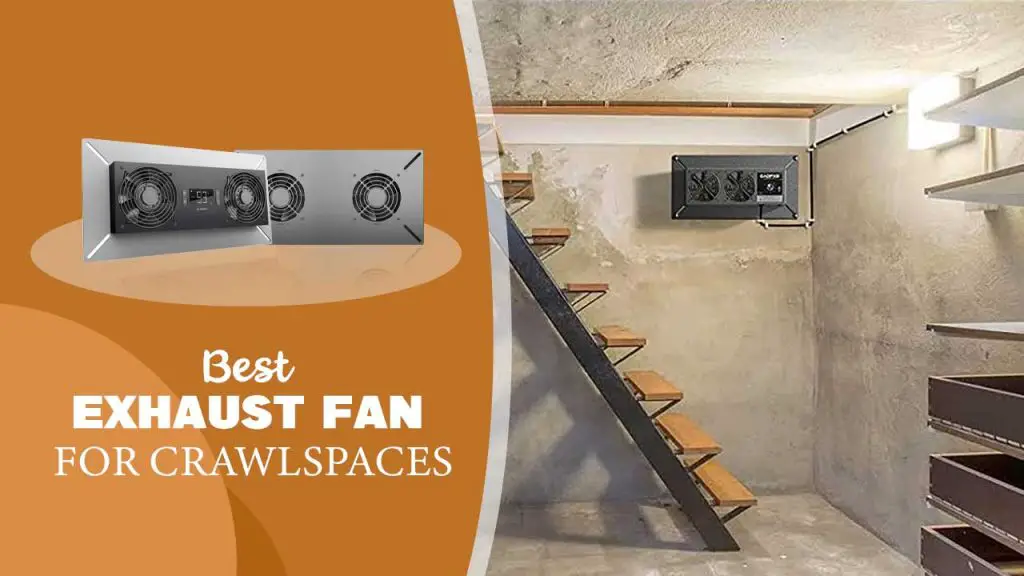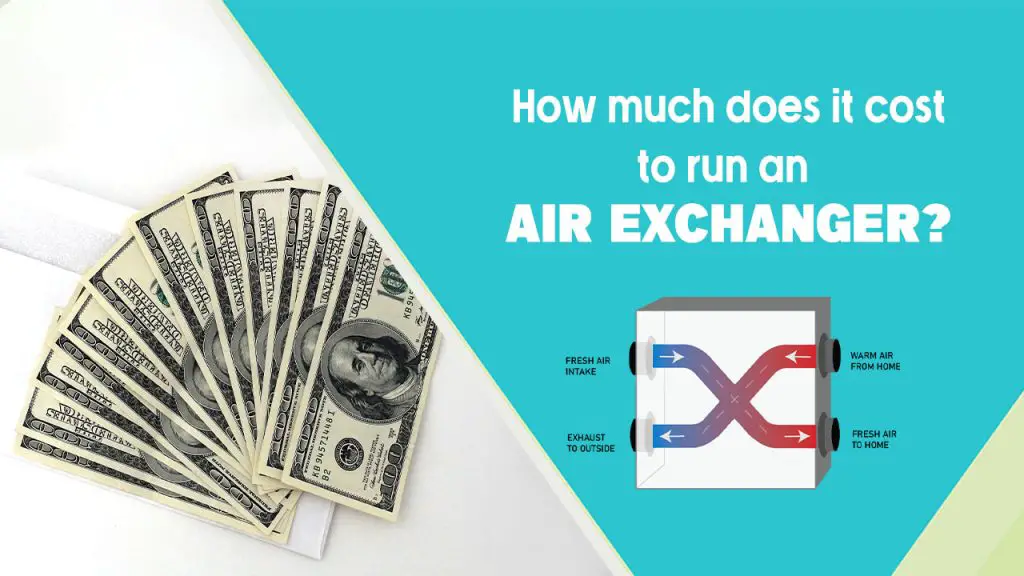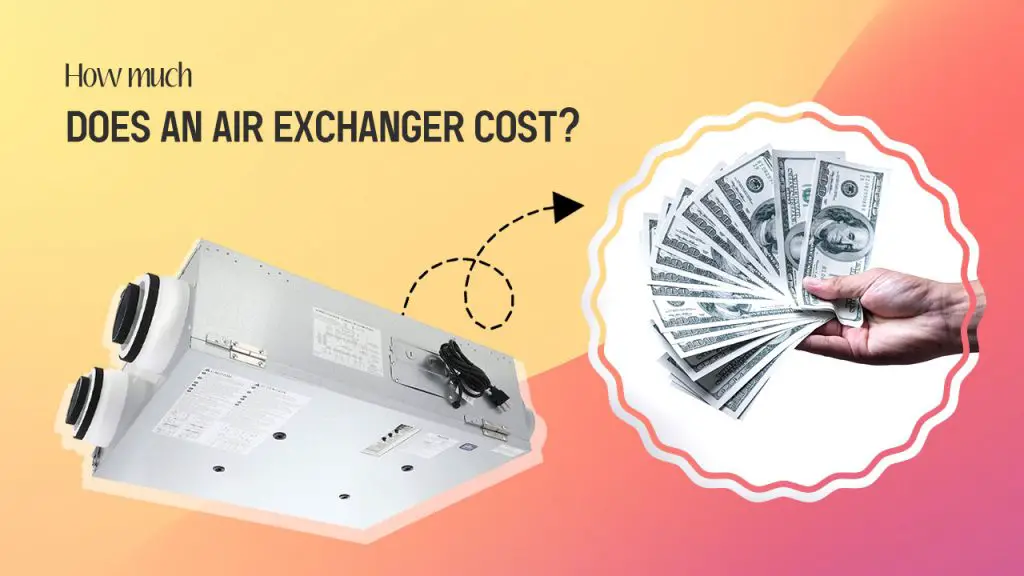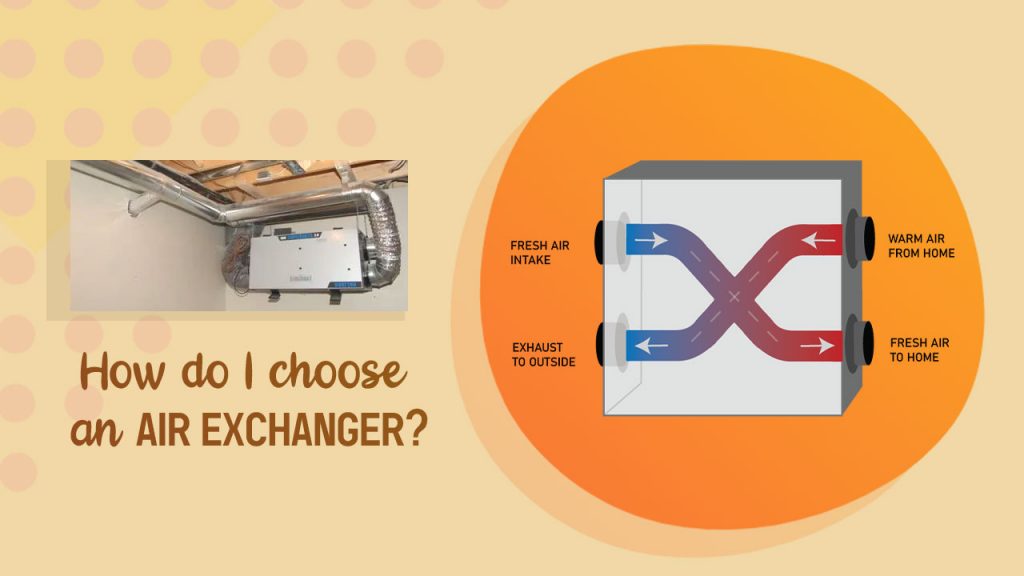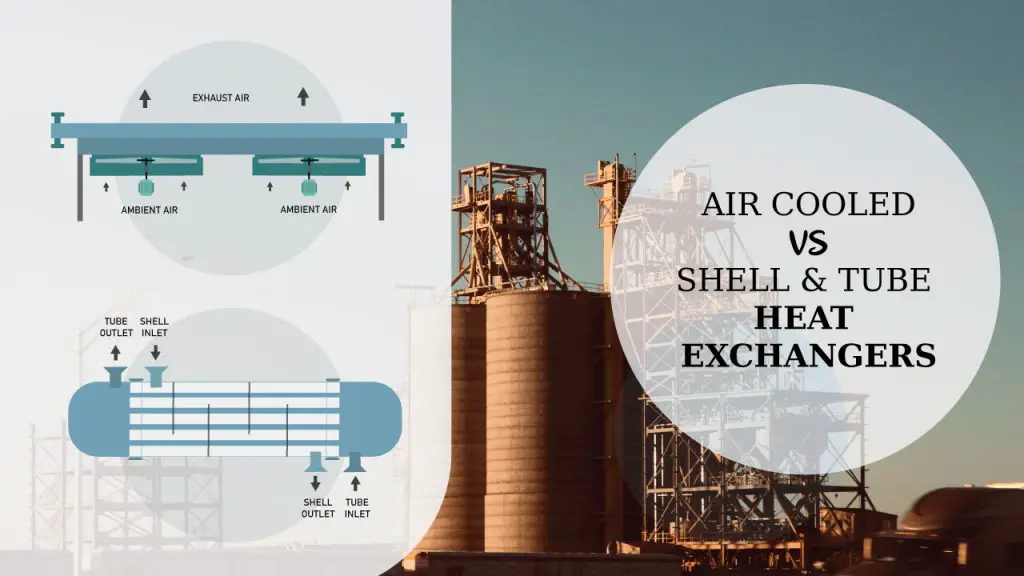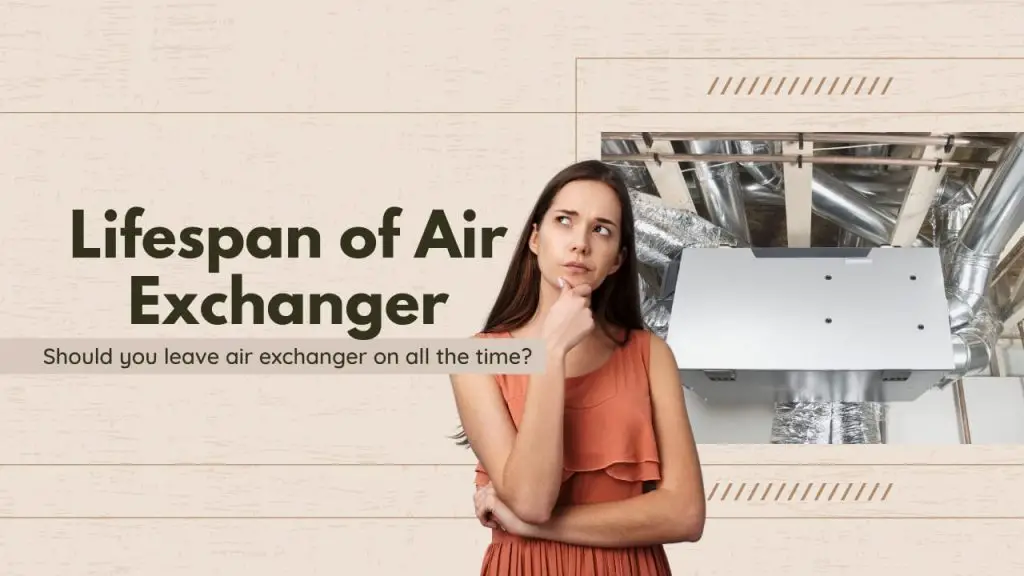Among the many different air conditioning and regulating appliances and devices across the world are a type known as air exchangers.
The need for air exchangers arose as the world began to witness the rise in the construction of sealed houses, with little or no room for ventilation.
This design, although with its many advantages, makes the flow of air from indoor to outdoor and vice versa pretty impossible.
While many simply open up windows for ventilation, this allows outdoor air- with its impurities and contamination- into your home and wreck serious health havoc.
More so, this method has no control over humidity, temperature and volume. This is why many people resort to air exchangers. Yet, there are those who have sought to find out just how important an air exchanger is or if it is needed at all. Lets begin with the basics.
What is an Air Exchanger?
To put it quite simply, an air exchanger is a device that keeps your home fresh by exchanging the indoor air continuously.
It circulates and expels stale indoor air through its vents outside your home and sucks fresh, clean air into the room.
The fans are reversible and can work for any of the two purposes; sending indoor air out or bringing outdoor air in. This way, ventilation is controlled and influenced by allowing bad air out and only clean air in.
The way modern homes are well-insulated means allergens, contaminants and moisture will be trapped in your home.
Other times, you tend to create a lot of this pollution yourself through cooking, painting, and other daily activities. With the right exchanger, you can keep your home fresh and health at all times.
Top Rated Air Exchangers for Different Purposes
Key Functions and Benefits of Air Exchanger
1. Controlled Ventilation
This is the most obvious function of an air exchanger. It provides a natural but safe way for ventilation to occur. This ventilation is better than what you get from leaving your windows or doors open because the device also helps to regulate heat and moisture exchange.
2. Can alter indoor temperature
Some types of air exchangers are heat exchangers, and they help to provide some degree of heating during the winter. What they do is retain indoor heat during the exchange, ensuring that your home does not become too cold.
3. Prevents the growth of allergens
Stale air provides the perfect condition for allergens to grow and survive. This can cause severe allergies and even respiratory diseases if not properly handled. With air exchangers, you can prevent such from happening.
4. Evacuates pollutants
Other pollutants such as dust, chemical fumes, tobacco and CO4, as well as other toxic smoke are naturally exhausted along with indoor air using an air exchanger. Such air is then replaced with fresher outdoor air.
5. Eliminates odors
Odors are another form of pollution we can suffer indoor. Whether it’s a cleaning agent, pet litter or waste and even paint, getting rid of the bad smell is necessary for comfort.
An air exchanger provides consistent ventilation that continues to expel the smell until it eventually dies out.
6. Complements the performance of air conditioners and heaters
With an air exchanger, the job of the air conditioner in a properly insulated room is reduced. The amount of air that will require cooling will also be reduced due to the natural flow of air. Heat is also retained when you use an HRV.
7. Helps to dehumidify the air
In cases where excess moisture gathers in your home due to activities like hot bathing, steaming, cooking and so on, an air exchanger can be a very useful device for reducing excess humidity in some measure.
Generally, an air exchanger is an appliance that does a number of jobs. This is why is some cases, people who use them do not require dehumidifiers, air purifiers or even ventilators.
Which Is Better? HRV Or ERV?
A heat recovery ventilator (HRV) and energy recovery ventilator (ERV) are the two choices available to anyone who wishes to purchase an air exchanger.
It is not easy to say that one is better than the other without considering what specific needs the buyer has. We’ll explore their similarities and differences and look at areas where each unit is best suited in order to determine which you should buy for what situation.
Similarities between HRV and ERV
- Both units are great at exchanging air.
- Both the HRV and the ERV apply the heat in air being exhausted to incoming air for preheating. This helps to save energy costs.
- Both units have two fans and vents for air collection and exhaustion.
Differences between HRV and ERV
- The major difference between an HRV and an ERV is that the ERV system also captures some moisture in the air and retains it for the incoming air, in order to maintain the some level of balance.
- In winter, the ERV will help to retain indoor humidity, rather than lose it all to exhaustion. The HRV does not do that.
- During summer, ERV humidity transfer is reversed, and the unit prevents outdoor humidity from finding its way into your home.
Choosing between an HRV and ERV is largely dependent on your climate and needs.
If there is excess humidity in your home during the winter season, you’ll be better off with an HRV that will exhaust indoor air without capturing or retaining humidity, and then bring in drier outdoor air to make you more comfortable.
However, if your home is excessively dry- especially in winter- then an ERV is the better option as it will help to retain indoor humidity during the exchange.
Your choice will generally depend on where you live, your specific needs and your preference. At the end of the day, there is no better unit between the two. Just be sure you buy a quality product that is durable, with impressive energy efficiency rating.
Do You Need an Air Exchanger In Your House?
The answer is Yes and No.
You need an air exchanger if:
- Your home is completely insulated without any form of ventilation.
- Indoor air becomes too stale or damp.
- Outdoor air is more polluted than indoor air, but you still require ventilation.
Besides the above reasons, some people deploy air exchangers to reduce indoor humidity. Truth is, an ERV can only do so much and reduce the burden on your air conditioner. But if you need sufficient dehumidification, you should buy a dehumidifier.
Also, if you have natural ventilation through your windows or doors and you own an air purifier, you may not need an air exchanger. You can simply alternate between the air purifier and air conditioner, depending on whether your outlets are open or shut.
When Do You Need an Air Exchanger with A Heat Pump?
An air exchanger, whether HRV or ERV, can help to regulate temperature by retaining some of the heat.
However, there are times when the weather is extremely hot or cold, and an air exchanger cannot do much to assuage the situation. Here, deploying a heat pump to heat or cool your room may become necessary.
Top 5 Air Exchangers with Excellent User Rating
Final Comments:
So, do you really need an air exchanger? It depends on many factors already discussed above. The primary essence of an air exchanger is controlled ventilation to make your home safer and more comfortable.
Again, choosing between an HRV or ERV depends on your specific needs, relating to humidity, temperature and several other factors.
| Photo | Title | Buy |
|---|---|---|

|
LEVOIT Air Purifier for Home & Bedroom - For Allergies and Pets Hair | Check Price On Amazon |

|
BREEZOME 60 OZ Quiet Dehumidifiers for Home, Dual-Semiconductor | Check Price On Amazon |
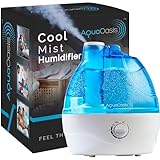
|
AquaOasis™ Cool Mist Quiet Ultrasonic Humidifier for Bedroom & Large room | Check Price On Amazon |

|
43.3'' Portable Air Conditioners, 3-IN-1 Evaporative Air Cooler w/Remote | Check Price On Amazon |

|
BlueDri BD-AS-550-BL Negative Machine Airbourne Cleaner HEPA Air Scrubber | Check Price On Amazon |

|
Space Heater, VCK 24" 12ft/s Fast Quiet Heating Portable Electric Heater | Check Price On Amazon |
